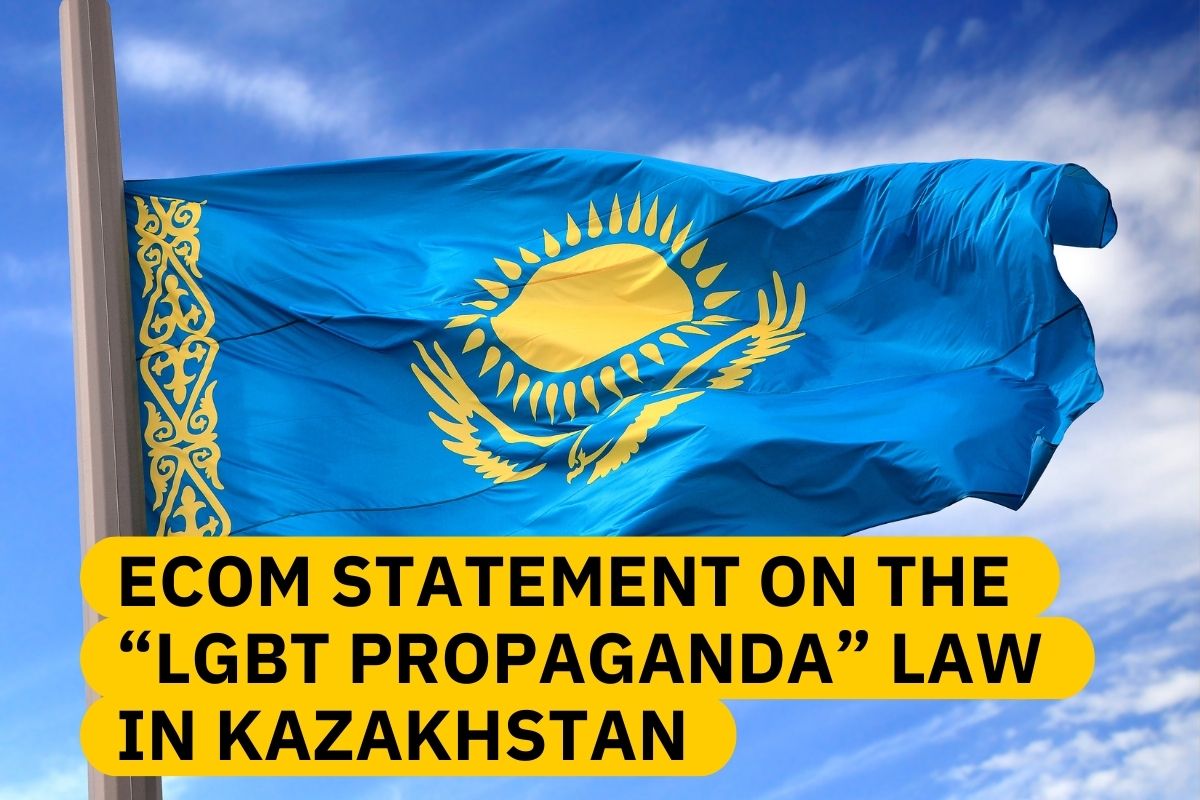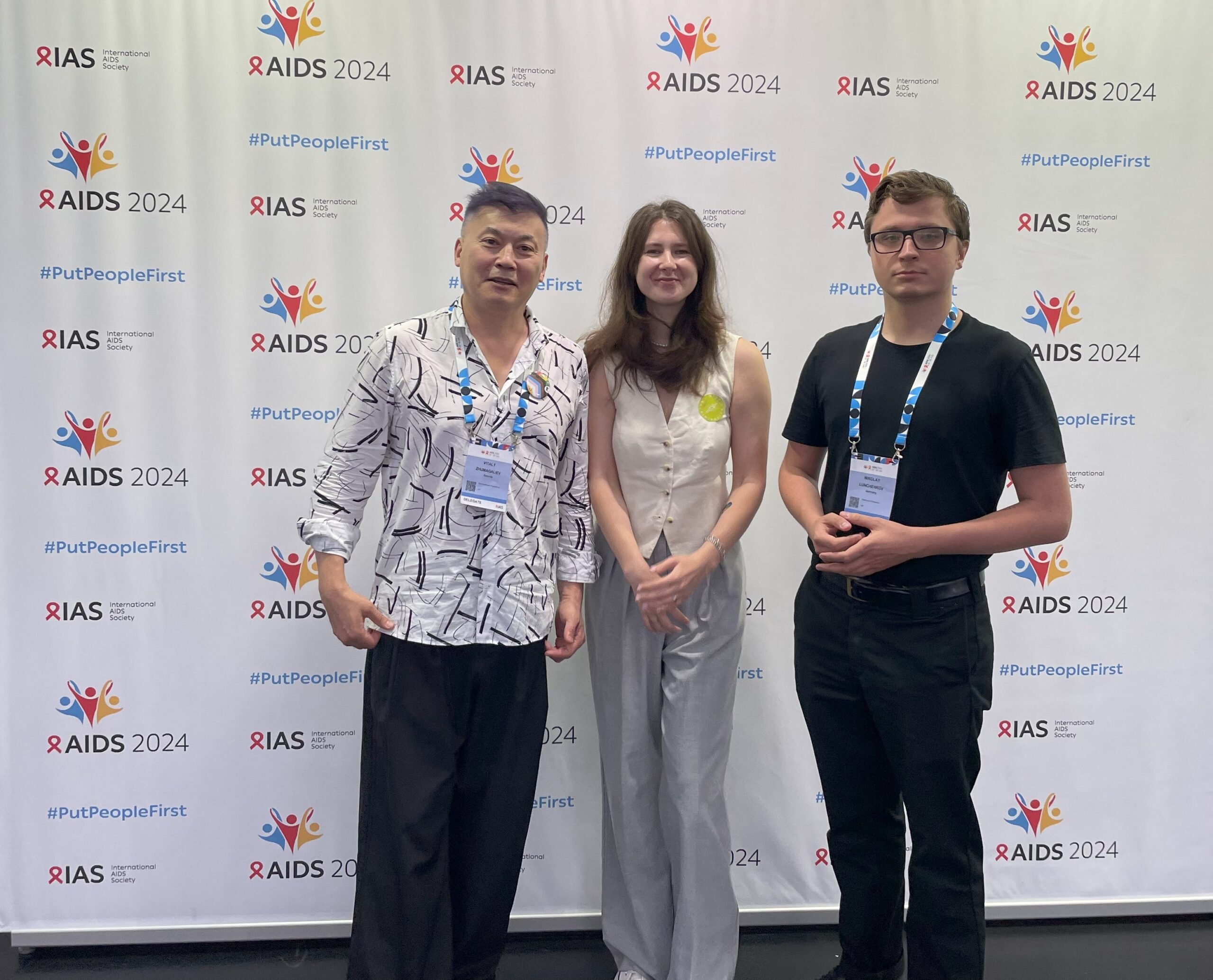On April 28, at a meeting of the “Ata-Zhurt Kyrgyzstan” faction and the “Mekenchil” deputy group, Edil Baisalov, Deputy Head of the Cabinet of Ministers, announced the dissolution of the CCM. He made this decision following criticism from deputies that part of the grant funds from the Global Fund to fight HIV and AIDS were being allocated to key populations, including representatives of the LGBT community.
It should be emphasized that the HIV epidemic in Kyrgyzstan is concentrated and spreads within key population groups. In 5 years, the number of registered cases of HIV infection has increased by 50%. At the same time, over the past 4 years, the overwhelming majority of new cases of HIV infection have been transmitted sexually. This raises the importance of measures aimed at preventing the development of a generalized stage of the HIV epidemic, namely through preventative behaviour within key populations.
A statement by deputy Zhyldyz Sadyrbayeva, in which she claims “…16,900 homosexuals in the country, these are dead souls that you invented to write off such huge amounts of money…” are anti-scientific and inhuman. Population size estimations show that there are at least 16,900 men who have sex with men in Kyrgyzstan. However, this figure is likely to be much higher, since stigma and institutionalized homophobia, not only limits access to HIV testing, treatment and prevention services, but also prevents people from revealing their sexuality. This policy towards MSM directly contributes to the worsening of the HIV situation among MSM, which is confirmed by an HIV prevalence of 10.8%.
It is worth noting that this is not the first attack on the LGBT community by Deputy Sadyrbayeva, who on March 17 initiated a bill to protect minors from harmful information, in which she also includes topics related to the LGBT community.
All of the above confirms the critical function of the Country Coordinating Mechanism, and the participation of key populations in it. It is the participation of key populations in the decision-making process, and in the design of HIV prevention and other health services that contributes to effective prevention; this is fully supported by the World Health Organization. It is important to note that the leadership role of communities in the provision of HIV services contributes to a regularly growing number of MSM who know their HIV status. Data from the HIV cascade conducted by ECOM in partnership with a local NGO shows that the number of MSM who know their status is growing by an average of 5-6% per year. This is due to the effectiveness of community-based service programs, which include updated recommendations, the development and effective implementation of new approaches to testing coverage, a well-developed support system, and an effective model of social support for PLHIV-MSM.
We remind you that Kyrgyzstan developed an updated Program of the Cabinet of Ministers of the Kyrgyz Republic to overcome the HIV epidemic for 2022-2026, which was developed and approved in accordance with the 2021 UNAIDS “95-95-95” global strategy. For reasons that are unclear, the timing of the implementation of the state program was changed to 2023-2027. This Program notes the urgent need to “3.2. Eliminate HIV-related stigma and discrimination, increase society’s tolerance of PLHIV and key populations”. We urge the Cabinet of Ministers of the Kyrgyz Republic to follow science-based working methods, as well as to adhere to their obligations under existing normative acts.
Effective detection of new HIV cases, social support, and initiation of treatment is impossible without the participation of community-based NGOs.
We, ECOM, categorically condemn the decision of Deputy Cabinet Minister Edil Baisalov to dissolve the country coordinating mechanism. We assert that such a decision will affect the HIV epidemic in Kyrgyzstan and Central Asia, namely:
- Reduced funding for community-based NGOs will result in reduced HIV testing, identification and treatment of key populations.
- Without the participation of representatives of key populations in the CCM, HIV services will no longer take into account the needs, requirements and specificities of working with key populations, thereby reducing the effectiveness of the work being done to zero.
- Holding such a discussion at the governmental level will lead to an increase in violence against LGBT people, both by the general population and by healthcare professionals.
- Such an initiative could set a dangerous precedent and worsen the situation with LGBT rights in Kyrgyzstan, and negatively affect the countries of Central Asia.










